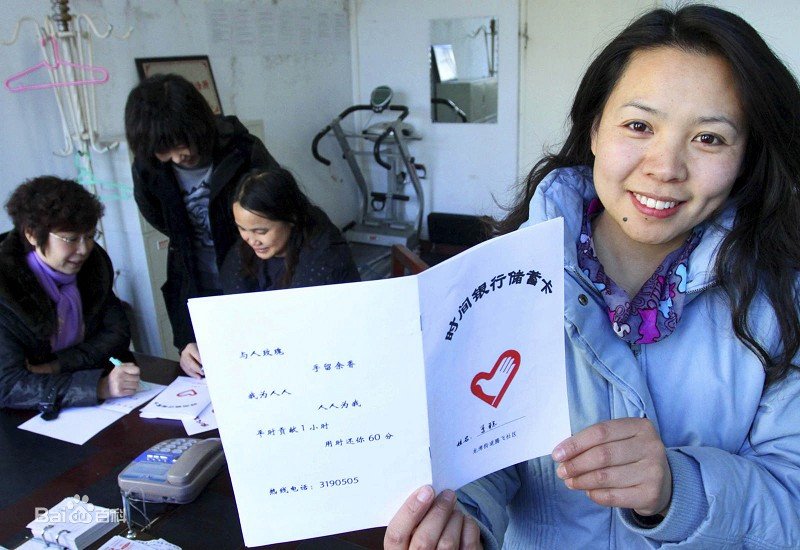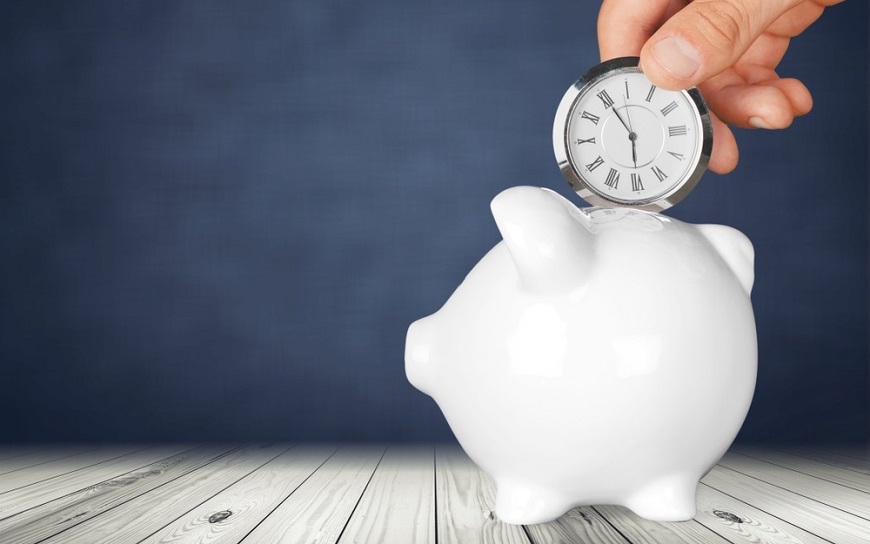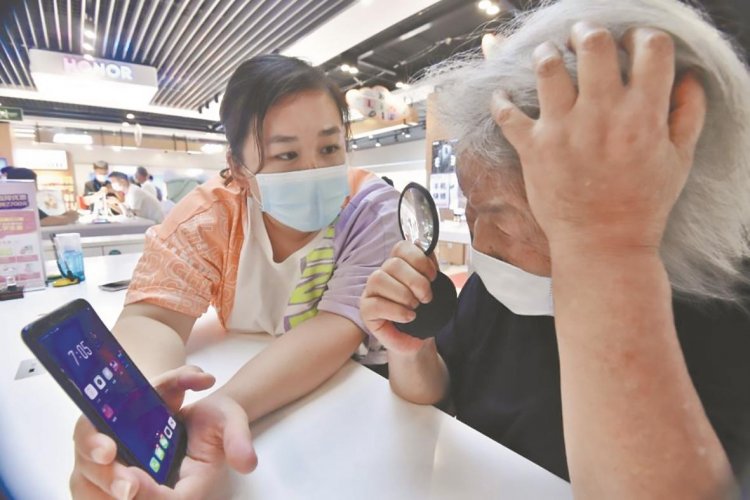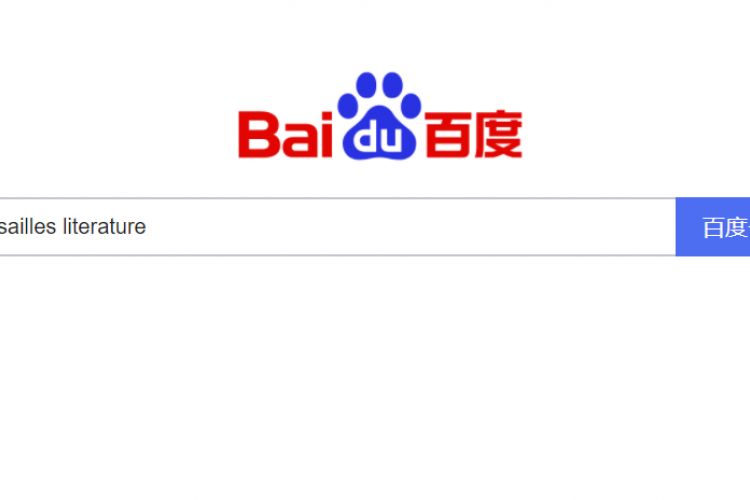Talking Tech: Saving up Time for Your Twilight Years, Saving the Public From a Fake Health Code App
What's the latest in clean breathing innovation? Who is using your data? When will the drones deliver your mail? Keep up with the latest circuitry in our column, Talking Tech.
Invest in your twilight years by volunteering now
Despite Beijing's appearance as a young and vivacious metropolis, the capital is undeniably on a fast track to becoming an aging society. By postponing the retirement age and increasing the maximum application age for driver's licenses, the government is seemingly trying to broaden the horizons of its older citizens. And yet, aside from your children's – if you should have any – filial piety, who else can you count on when you are too old to take care of yourself or simply want some companionship?

Enter TimeBanks, a US-based initiative that has found favor across the Western world, and recently landed here in China. Much like depositing money into the bank, this digital platform allows volunteers to "deposit" their service hours, which can then be used in future times of need. In China, the system encourages people to alleviate the burdens faced by short-staffed nursing homes, with some neighborhoods offering the option to redeem volunteer hours for cash (which isn't really volunteering, is it?), before transferring the recorded time to someone else.
Currently, Beijing has three institutions trialing the TimeBanks system, and for all intents and purposes, it's largely been praised. Conversely, however, these communities of reciprocity are still in their infancy, meaning they need time, manpower, and funds to truly reach their full potential, and they're not necessarily an optimal choice for elders in urgent need of services. Likewise, these communities usually fall under the jurisdiction of multiple different authorities. Needless to say, from nursing home staff and property managers to local governments, the complicated bureaucracy and red tape have resulted in subpar efficacy. Lastly, it's proved difficult to provide standardized, quality training for volunteers, which is of the utmost importance when caring for older folks. All of which is to say, it's a wonderful idea, but definitely, one that needs a bit of work.
Health Code simulator appeared on the app market
In this day and age, you can get around easily enough without carrying your keys, a wallet, or even a phone charger, however, unless you can show a green health code on your phone, you're pretty much doomed to wander the streets. Admittedly, it's pretty damn annoying to have to take out your phone in the freezing winter weather just so you can show a security guard an unflattering selfie next to a green arrow. To make matters worse, not long ago an app called 健康码演示 Health Code Simulator showed up in the Google App Store and quickly amassed more than 1,000 downloads.

The simulator ostensibly provides all kinds of health codes according to your needs and allows users to customize the personal data that's shown on the screen – an obvious threat to the monumental task of pandemic prevention. Nevertheless, despite a disclaimer in the app's description explaining that it shouldn't be used for any purpose outside of viewing different health code designs and that it doesn't actually produce any valid health code data, some folks attempted to use it as such. That's why, on Jan 12, the app was officially removed from the Google App Store, and police even went so far as to arrest its developer.
Paypal completed its acquisition of Gopay
Gopay, an independent third-party online payment platform endorsed by the China International Electronic Commerce Center (CIECC), a subsidiary of the Ministry of Commerce PRC, was recently acquired by US-based online payment giant, PayPal, who had held a 70 percent stake in the company since 2019. Gopay mainly caters to the needs of developing e-commerce companies and government entities and is the only such platform to be officially certified on a national level in China. However, neither Alipay nor WeChat, the country's two dominant forms of digital payment, shown any signs of slowing down. Whether PayPal will be able to become a competitive force is yet to be seen.
Read: Trainspotting: Updates Coming to the High-Speed Rail
Images: 50plus, Baike, Oschina







